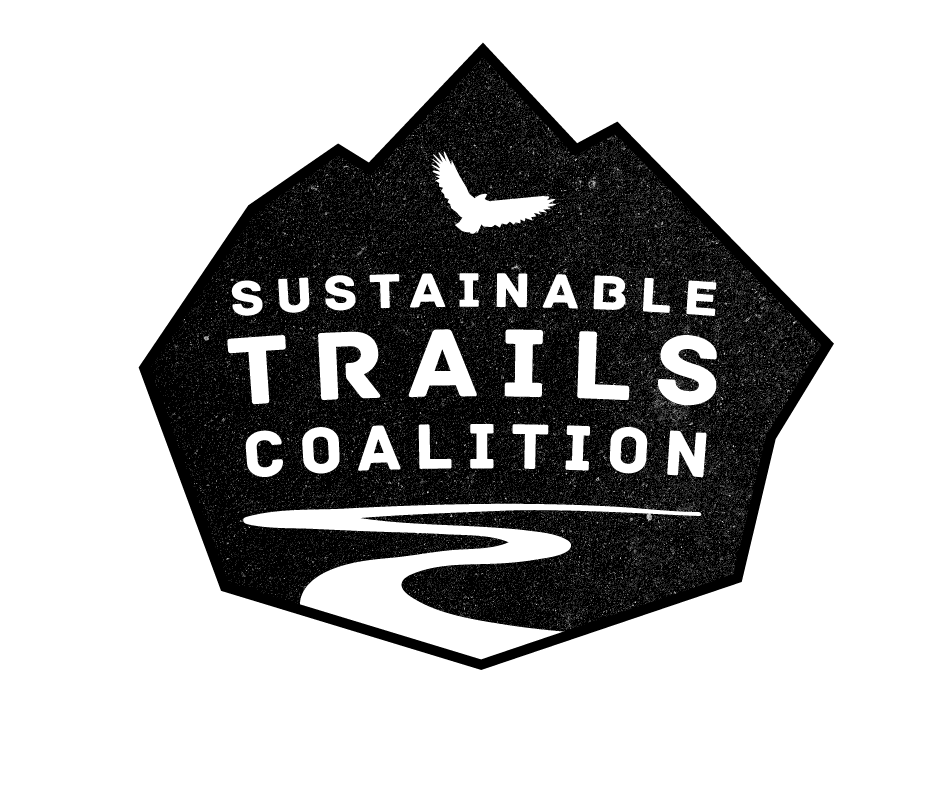The Sustainable Trails Coalition is working to promote H.R. 1349, a U.S. House of Representatives bill introduced by Federal Lands Subcommittee Chairman Tom McClintock (R-Calif.). Detailed information regarding H.R 1349 can be found here.
STC is also working with Sen. Mike Lee (R-Utah) on the planned reintroduction of his 2016 U.S. Senate bill, S.3205. Additional information on S.3205 can be found here.
The legislation’s common purpose is to restore federal land managers’ authority to regulate bicycle use on Wilderness trails, as they did during the first two decades of the Act, before the U.S. Forest Service imposed a final blanket ban in 1984. Success places backcountry cyclists on an equal footing with campers, hikers, hunters and equestrians.
Groups that demand zero mountain biking in Wilderness, Wilderness Study Areas, and Recommended Wilderness habitually work to expand these areas, thus shrinking mountain biking on federal lands. Many false or misleading statements have been made to lawmakers and the public about the bills. STC hereby presents the facts.
FALSE CLAIM: The legislation will open all Wilderness trails to mountain biking.
FACT: The legislation only reverses federal agencies’ blanket bicycle bans, which rest on a misunderstanding of the Wilderness Act of 1964. When the blanket bans are gone, agency regulations will take over, at which point land managers can enable full regulation and control of mountain biking . . . up to and including existing limitations and bans.
For example, a Forest Service regulation, unaffected by the legislation, provides that authorized Forest Service employees may “restrict the use of any National Forest System road or trail.” The other Wilderness-administering agencies—the National Park Service, Bureau of Land Management, and U.S. Fish and Wildlife Service—have similar regulations that would remain in effect.
FALSE CLAIM: Mountain bikers are divided on bicycle access in Wilderness.
FACT: All available evidence is contrary. A survey of cyclists on Singletracks.com indicated that 96% of mountain bikers support this effort. An International Mountain Bicycling Association survey conducted in 2016 showed that in California, where Wildernesses abound, about half of IMBA members feel regaining some Wilderness access is “very or extremely important.” Only a handful of mountain bikers, whether or not IMBA members, are actively opposing bicycling in Wilderness.
FALSE CLAIM: The legislation is dividing the conservation community.
FACT: This is patently false. Rather, the legislation is exposing and isolating a combination of moneyed interests and Wilderness purists who have adopted Wilderness as a revenue source or a temperance movement respectively. These privileged users of public space believe that whatever they do in Wilderness (multi-day camping, habitual off-trail use, nocturnal disturbance of animals, significant trail damage, trampling of meadows, etc.) is compatible with Wilderness values but mountain biking isn’t. They are incapable of assessing their own habits in Wilderness areas, most of which have far greater impact than mountain biking. For-profit commercial pack trains in particular continue to damage iconic Wilderness areas. There is no divide among reasonable conservationists.
FALSE CLAIM: The legislation would materially amend the Wilderness Act of 1964.
FACT: The legislation would not accomplish this. Rather, it aims to restore the Act to its original meaning.
STC is a steadfast backer of the Wilderness Act of 1964. For example, STC opposes allowing power-assisted bicycles (e-bikes) in Wilderness, because the Act prohibits “motor vehicles” and “motorized equipment,” which e-bikes constitute. (To clarify, STC knows of no effort to introduce these devices into Wilderness.) By contrast, Congress meant for rugged, self-reliant travel to define the Wilderness experience, and human-powered mountain biking fits right in.
FALSE CLAIM: The legislation is a “Trojan Horse” making Wilderness vulnerable to development and eventual sale to private interests.
FACT: Not so. Backcountry cyclists seek the same experiences as backcountry hikers and horseback riders. The legislation grants only a possibility of them.
STC urges journalists and lawmakers to challenge organizations and people who promote these false claims on Capitol Hill, in the media, and elsewhere.
ABOUT THE SUSTAINABLE TRAILS COALITION
STC was founded in 2015 to reverse outdated and counterproductive blanket bicycle bans in Wilderness, Recommended Wilderness, and Wilderness Study Areas, on the Pacific Crest Trail, and on parts of the Continental Divide Trail. To find out more, please visit www.sustainabletrailscoalition.org.

